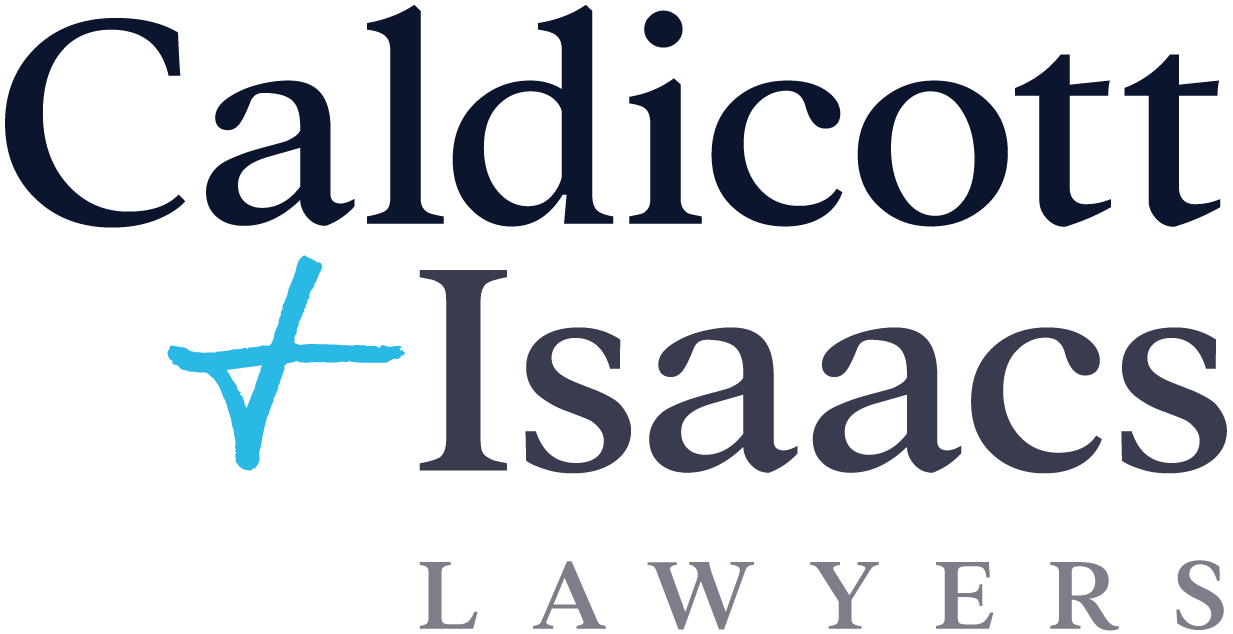Paper Convictions, Without Convictions and the Spent Convictions Act, written by James Caldicott
Going to court and being charged with an offence is an incredibly daunting process.
You face the possibilities of fighting a charge or pleading guilty to an offence. If you are found guilty you may be convicted of any offence, and it it would appear as part of your criminal history. However, there are some instances where you may be able to apply to the court for your matter to be dealt with without recording a conviction.
Convictions are normally recorded when you enter a plea of guilty or you are found guilty after evidence has been given. Without conviction and also a conviction both mean you have been found guilty or that is accepted you have committed the act that forms that basis.
Different offences carry with it different social connotations and a conviction can have a serious impact on your current and future prospects of employment and also obtaining forms of licences and travelling internationally.
It is not uncommon for a defendants who are convicted of drug offences or the like being refused entry upon applying for a Visa to travel to the USA. A number of countries require that you declare your previous criminal convictions, when applying to travel.
As noted above however, there are definitely circumstances whereby you can apply to the court seeking that your matter is dealt with, without recording a conviction. Court can decide not to record a conviction if the offence is trivial or unusual, or when the defendant is of good character, is unlikely to commit the offence again, has an otherwise good criminal history and relevance regarding the defendant’s age.
It is evident from the courts that regulatory offences for example speeding and drink driving offences, will attract a conviction. This is usually due to the public policy that set rules and regulations should be abided to as part of everyday life. However, matters that do not fall under the umbrella of a regulatory offences, courts will on occasion not record a conviction.
If a conviction is recorded it will remain on your criminal history for a period of 10 years. After 10 years the conviction becomes spent and it is removed from your criminal history. However, if you have committed and convicted of an offence during that 10 year period, the time period will being again. Under the Spent Convictions Act (2009), a convictions is taken to be ‘spent’ meaning that it is quashed or pardoned. Such it creates a new means of extinguishing prior history from a criminal record with certain exclusions.
We note that while it may appear that spent convictions are removed from your criminal history, there are records kept by various state governments can be brought forth when applying for certain employment and licences.
These are listed in part 3 division 1 of the Spent Convictions Act (Regulations). These include but are not limited to justice agencies, Commonwealth agencies, childcare applications and also firefighting and police services.
So, when applying for these various services and jobs even though your matter may have been dealt with, without recording a conviction upon a police check or record it will show that those matters were dealt with as such.
As noted above there are expansive exclusions to the general rule that have been codified. For example, the conviction is still relevant in regards to bail applications, sentencing applications and the employment process for essentially every government job. This act also contains provisions for further regulation to add to these exclusions.
It is important when considering how to deal with your matter, that you obtain legal advice about the possibilities that a conviction may have on your employment and future prospects. Also, it is important to obtain advice as to the likelihood or chance of success in applying for your matter to be dealt with, without recording a conviction.
Written by James Caldicott

